At a time when Vietnamese agriculture is facing climate change, drought, salinity, pests and international market pressure, the role of rice breeders is becoming more urgent. Among the typical faces honored as “Farmer Scientist” in 2025, Dr. Nguyen Thuy Kieu Tien, Deputy Director of the Mekong Delta Rice Research Institute, stands out as a symbol of a generation of young scientists dedicated to the fields, persistently sowing the seeds of knowledge for a sustainable agricultural future.
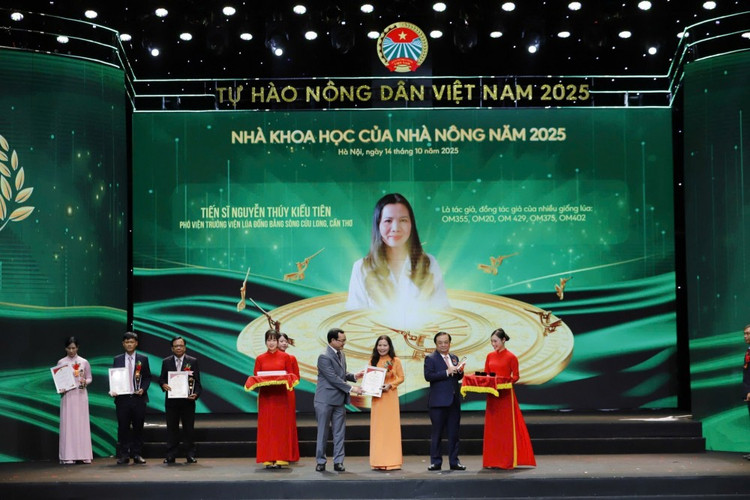
New generation rice varieties for the Mekong Delta
In the Mekong Delta, where “flood season, salinity intrusion, and pests” become a reality every year, for over 25 years, Dr. Nguyen Thuy Kieu Tien has devoted all her heart to rice breeding. As Deputy Director in charge of science and international cooperation at the Mekong Delta Rice Research Institute, she and her colleagues have introduced to the market many high-quality rice lines that are salt-tolerant, disease-resistant, and meet the increasingly stringent requirements of the domestic and export markets.
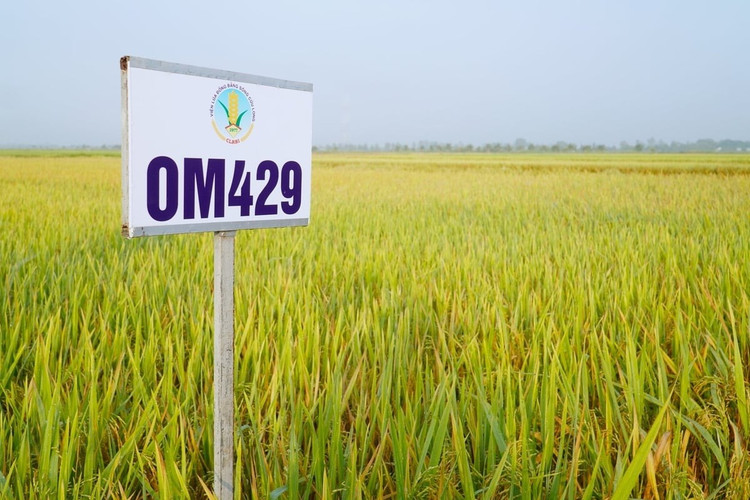
Rice varieties such as OM429, OM8, OM468 or OM46 are not only the result of scientific research but have truly entered the lives of rice growers.
For example, the OM429 variety carrying the salt-tolerant gene was transferred to Loc Troi Group for exploitation and development, helping farmers in salt-intruded areas maintain productivity. OM8, the rice variety that won third prize at the 2020 Vietnam Delicious Rice Contest, won consumers over with its white grains, sticky rice, and mild aroma.
OM468, the result of cooperation with Thaibinh Seed Group, has high yield, good quality rice, and low glycemic index (GI), opening the way for nutritious rice for diabetics. Most recently, OM46, recognized by the Ministry of Agriculture and Rural Development for circulation in 2024, continues to demonstrate the creative capacity and application thinking of the research team.
Up to now, many rice varieties that Dr. Tien has chaired and participated in research have been recognized by the Ministry of Agriculture and Rural Development and transferred to large enterprises with a production scale of more than 10,000 hectares.
Not only stopping at varieties, Dr. Tien also presided over the research and transfer of the mechanized process of row sowing combined with fertilizer application, which is a technical advancement that has been quickly applied by farmers in the Mekong Delta, helping to save costs, reduce greenhouse gas emissions and increase profits per unit area.
Youngest female leader in the history of the Mekong Delta Rice Research Institute
Talking about her chance to come to the Mekong Delta Rice Institute, Dr. Kieu Tien said that in April 2001, after graduating from the Agronomy major at Can Tho University, she applied to the Mekong Delta Rice Institute with a passion for research and a desire to contribute to the agriculture of this region. Just one week later, she was interviewed by Associate Professor Dr. Bui Ba Bong, the Director of the Institute at that time, and accepted to work, starting her journey of passion.
In her early days at the Institute, she worked in the Department of Biotechnology as a research assistant, then moved to the Department of Upland Crops, in charge of tissue culture. Under the dedicated guidance of previous generations, she was trained both in the laboratory and in the fields, where each rice plot and each crop season was a vivid lesson.
From grassroots topics, Dr. Kieu Tien had access to international cooperation projects, worked directly with foreign experts, and broadened her vision of applied research. 2005 marked a turning point when she officially participated in rice breeding, a field she has been involved in until today. Six years later, in 2011, she was the first to be the head of the ministerial-level project "Selection and breeding of glutinous rice varieties for the Mekong Delta", affirming her independent research capacity.
In 2013, at the age of 35, Dr. Nguyen Thuy Kieu Tien was appointed Deputy Director of the Mekong Delta Rice Institute, the youngest female leader in the history of the Institute. While managing and continuing research, she chose to balance it with dedication and perseverance.
In the past 5 years, the Mekong Delta Rice Research Institute has carried out 449 scientific and technological tasks, published more than 80 research projects at home and abroad, and been granted 29 new rice variety protection certificates.
Scientists are not allowed to be satisfied with the results of their research.
According to Dr. Nguyen Thuy Kieu Tien, the history of rice development in the Mekong Delta clearly reflects the transformation of Vietnamese agriculture. From traditional seasonal rice fields, farmers gradually switched to growing high-yield rice varieties, with the simple desire of high productivity.
As life improves, the requirements for rice plants also change. After productivity comes the ability to resist pests and diseases, adapt to adverse conditions, and then further comes the quality of rice, the rice must be delicious and fragrant. And today, the story of selecting varieties does not stop at productivity or quality. Modern rice varieties must also meet the requirements of sustainable agriculture, be environmentally friendly, and reduce emissions...
Therefore, at each stage, scientists must shoulder a different mission. “Scientists are not allowed to be satisfied or complacent with their research results. On the contrary, they must always brainstorm and update new tasks to include in their research,” Dr. Tien shared.
According to her, each research result is not a destination but a starting point for a new journey. Nothing is easy in research, but pressure is what forces scientists to practice, learn, create and progress every day.
Source: https://khoahocdoisong.vn/nu-tien-si-25-nam-lai-tao-giong-lua-ben-vung-o-mien-tay-post2149062539.html


![[Photo] Award Ceremony of the Political Contest on Protecting the Party's Ideological Foundation](https://vphoto.vietnam.vn/thumb/1200x675/vietnam/resource/IMAGE/2025/10/22/1761151665557_giaia-jpg.webp)

![[Photo] Prime Minister Pham Minh Chinh chairs meeting on nuclear power plant construction](https://vphoto.vietnam.vn/thumb/1200x675/vietnam/resource/IMAGE/2025/10/22/1761137852450_dsc-9299-jpg.webp)


![[Photo] Da Nang: Shock forces protect people's lives and property from natural disasters](https://vphoto.vietnam.vn/thumb/1200x675/vietnam/resource/IMAGE/2025/10/22/1761145662726_ndo_tr_z7144555003331-7912dd3d47479764c3df11043a705f22-3095-jpg.webp)




![[INFOGRAPHIC] The impressive career of Japanese Prime Minister Sanae Takaichi](https://vphoto.vietnam.vn/thumb/402x226/vietnam/resource/IMAGE/2025/10/22/1761134856370_info-tanthutuong-nhatban-anh-thumb-jpg.webp)

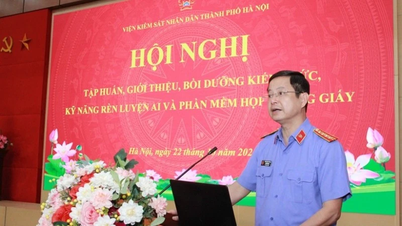












![[Photo] General Secretary To Lam and his wife begin their official visit to Bulgaria](https://vphoto.vietnam.vn/thumb/1200x675/vietnam/resource/IMAGE/2025/10/23/1761174468226_tbtpn5-jpg.webp)
![[Photo] Comrade Nguyen Duy Ngoc visited and worked at SITRA Innovation Fund and ICEYE Space Technology Company](https://vphoto.vietnam.vn/thumb/1200x675/vietnam/resource/IMAGE/2025/10/23/1761174470916_dcngoc1-jpg.webp)








































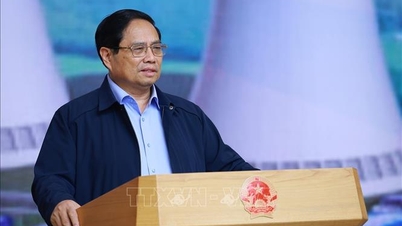


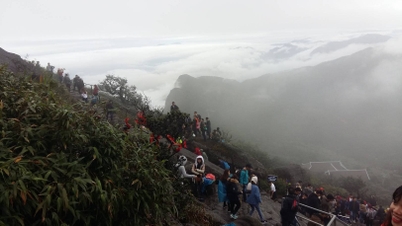

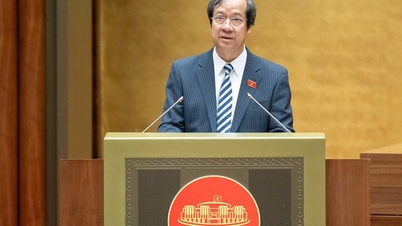

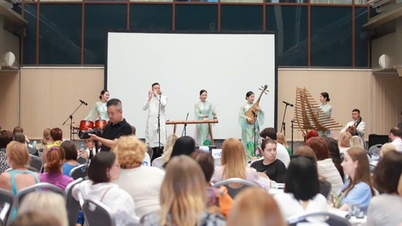
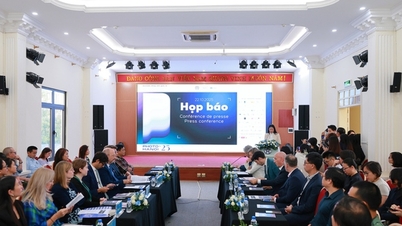

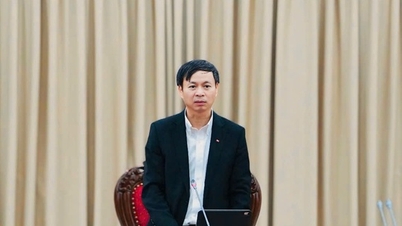




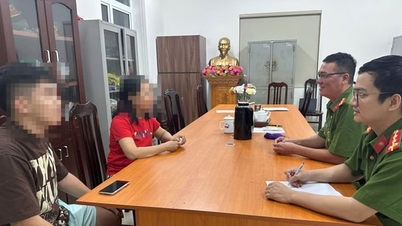

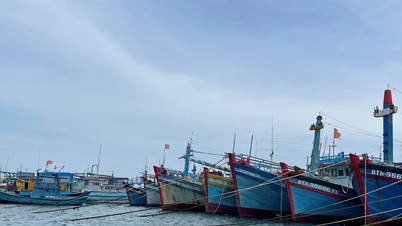

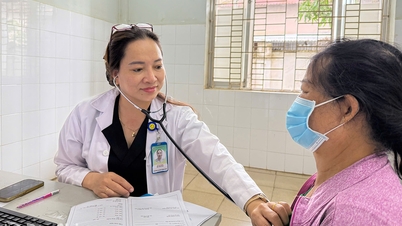

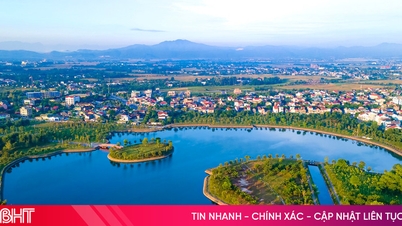










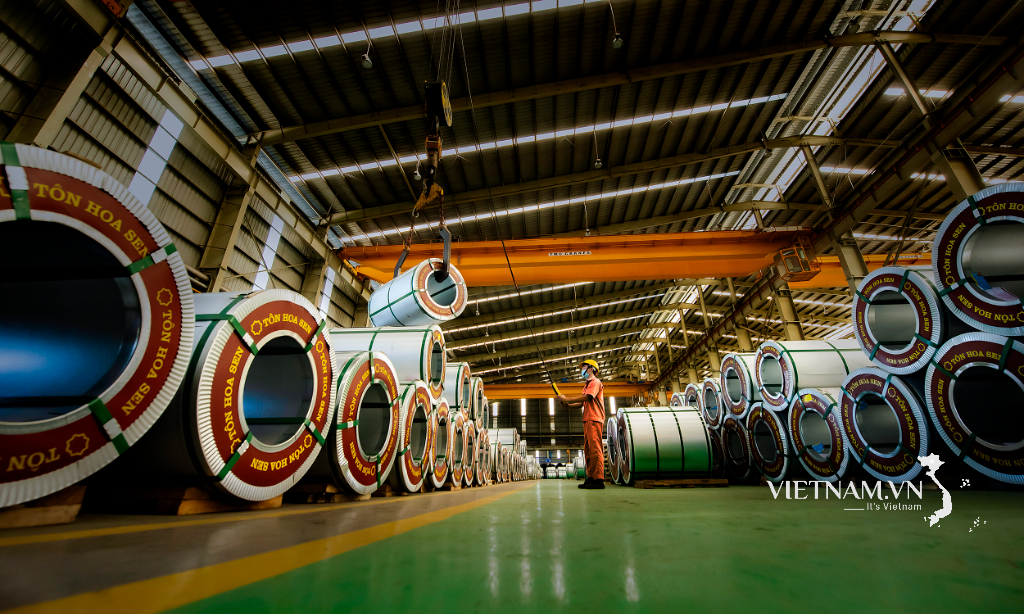
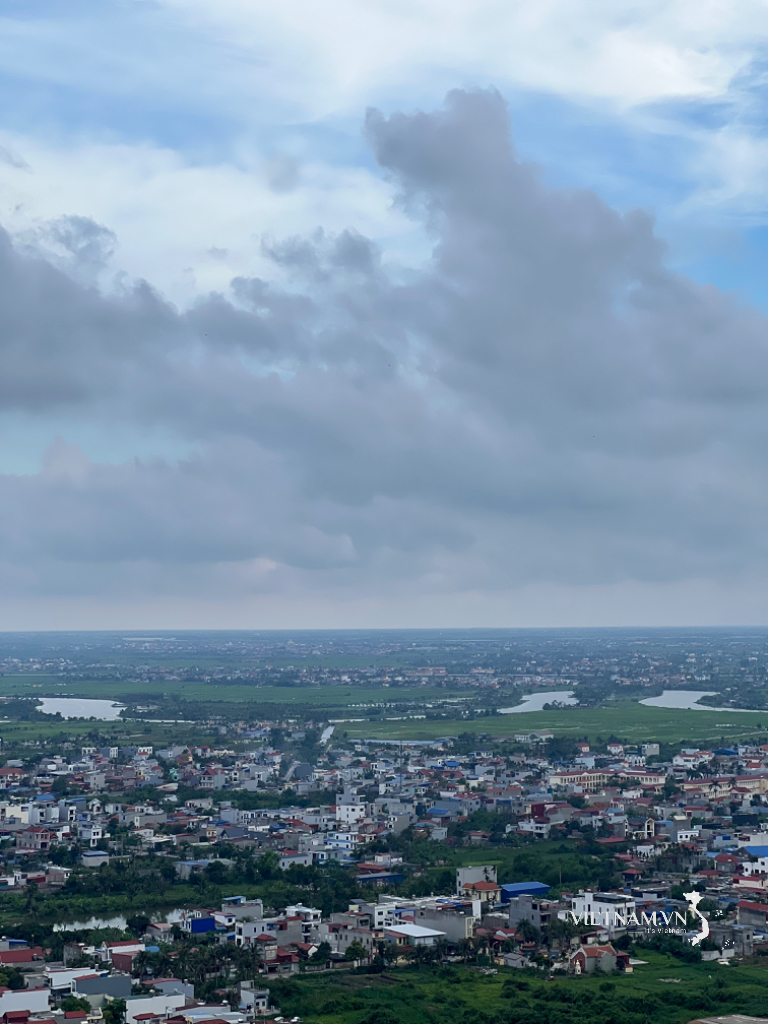

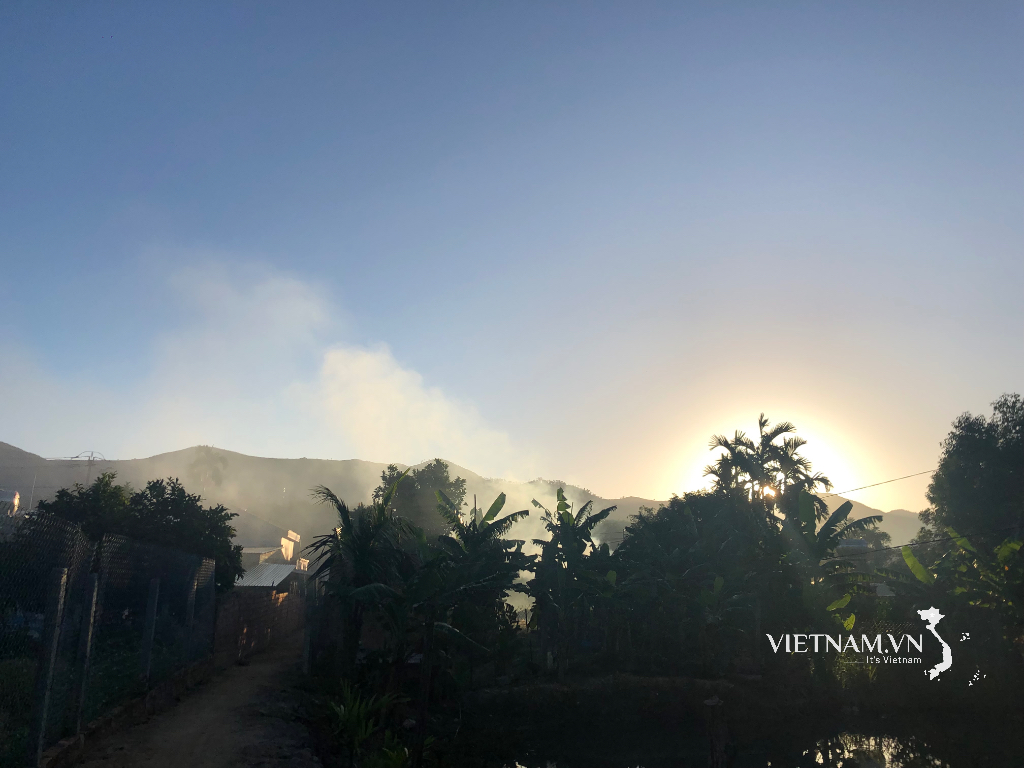
Comment (0)